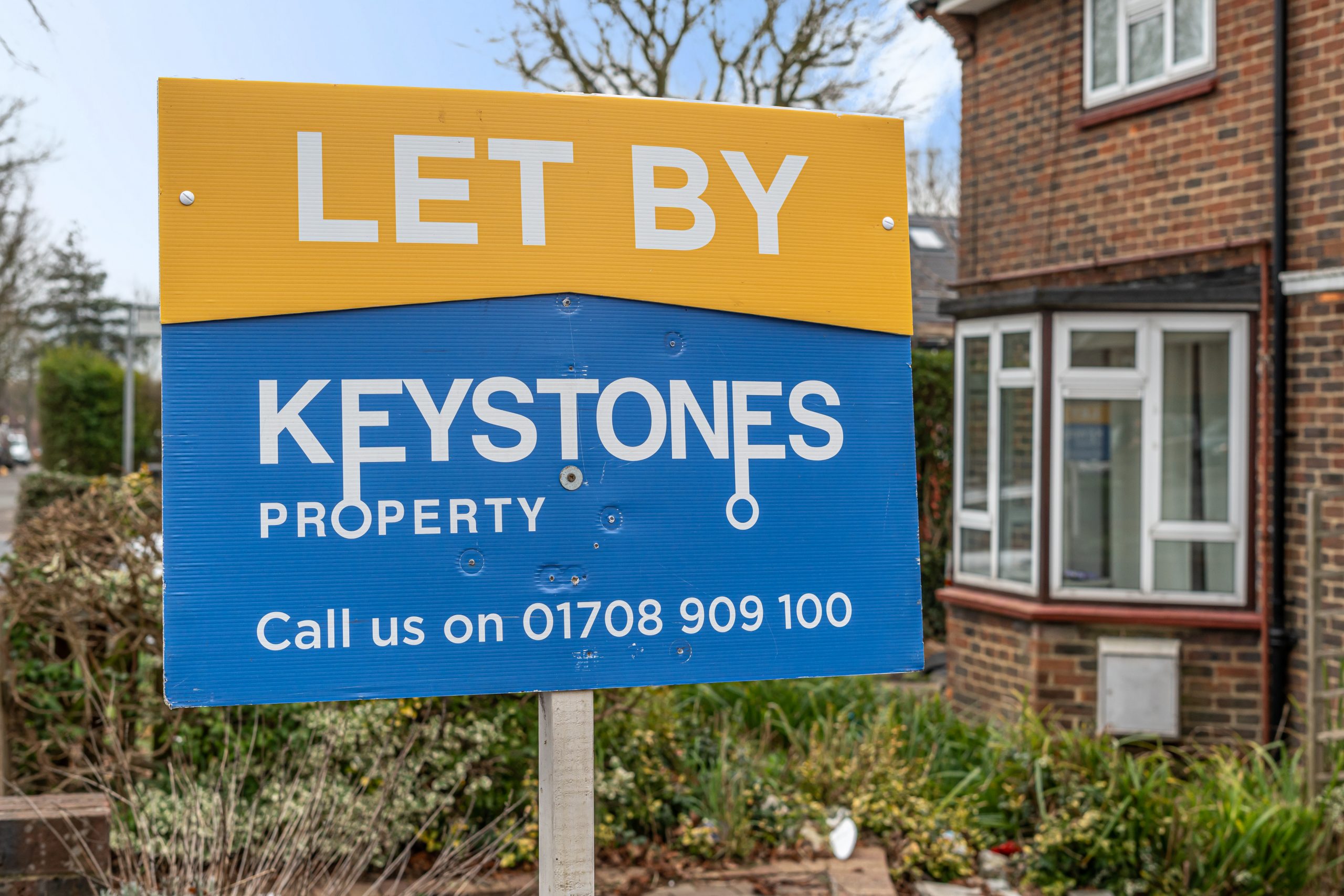Yes, you can!
Gifting a property has been quite a popular route for a lot of people over the last few years since it has some very positive tax allowances for homeowners and their families, however, it is not always that simple. The rules can be quite complicated, so we will look at the current tax laws to prepare you to decide if this is a route you would like to go down.
Can I gift my property to a family member?
Yes, you can, the legal term for gifting property is called a ‘Deed of Gift’ which is also known as a ‘Transfer of Gift.’ It would be a process of registering this via HMRC. You can do this yourself for a small cost of a few hundred pounds by downloading the correct forms and disclosing your gift to HMRC.
My advice would be to contact your accountant and/or solicitor who have experience with doing this, they should be able to follow the right processes to enable this correctly and legally.
What are the advantages of gifting a property
The main advantage is to safeguard yourself against inheritance tax (IHT) should you pass away. IHT can be reduced in many ways, but property seems to be the main reason. Leaving a property behind should you pass away can be a hefty tax bill, so gifting can be a smart route to go down.
What are the current UK Tax laws in place for IHT?
This is very important because you may not even need to go down the IHT route depending on the value of the property.
Your best choice is to first speak to an estate agent to get a value on your house first to see if you would be currently subjected to IHT should you, unfortunately, pass away.
We are happy to do a brief estimate valuation over the phone, or even come around if it is a bit more complicated. Call us on 01708 909 100 or enquire at [email protected]
You may not even be subject to the IHT in the first instance.
The current allowance with HMRC is £325,000 and that doubles to £650,000 if you are married, so do your research first or speak with a chartered accountant to find out more. This is the figure of the tax allowance against IHT at the date of death.
We apologise that this is such a morbid blog, but it is important and can save your family a lot of money, plus this is perfectly legal to do.
Transferring the Property
The main action of the deed of gift is the completion of the TR1 Form, which can be done yourself or via a solicitor. There is also an AP1 and TP1 form that would also need to be filled out too with the land registry.
If you are doing it yourself and not using a conveyancer or a solicitor, then an ID1 form would need to be used in conjunction with the above.
To whom you can transfer the property to is at your will, but mainly people use it to transfer to their children or grandchildren.
There is another option to put the property into a trust, again to look into this route, contact a property savvy accountant who would specialise in this field.
However, the rule is that the giver of the property would need to survive at least seven years for IHT to not be payable to the government. This is the current law.
For example, upon the transfer of property after the death of a father or mother, or within seven years before that person’s death, IHT is payable if the property is valued above the accepted threshold.
What are the requirements for gifting a property?
• The owner needs to be giving of their own free will
• The owner needs to be of sound mind (not under any pressure or duress)
• They may need to settle any bills or debts associated with the property
• They must be the legal owner of the property
• They will be subject to Capital Gains Tax (CGT) Capital Gains Tax: what you pay it on, rates and allowances: Capital Gains Tax rates – GOV.UK (www.gov.uk)
The tax-free allowance for CGT will fall to £6,000 in April 2023. If you are a married couple and the property is in both of your names, then you will receive double the tax allowance.
I would advise for legal advice to be sought out before exhausting the gift. We do not advocate doing this yourself unless you are a legal professional. Same with Capital Gains Tax, either give it to an accountant or crunch your own numbers. This is just a guide.
What are the risks involved?
Once you give the gift, you cannot cancel the gift, you will no longer be the legal owner of the home anymore. Make sure you do look into the risks prior to giving away the gift, your rights to the home can completely be taken away.
Remember, you might be living in the property at the time of the gift, therefore, legally you are living in somebody else’s home, even be it a family member.
Families can become complicated, especially if divorce happens with a partner of the beneficiary, so make sure you speak to a good accountant to safeguard yourself against anything like this.
You can always put caveats and conditions into the gift prior to death, so please exhaust what options you have with a good tax advisor or accountant, this is very important.
Falling out with the beneficiary is uncommon but could happen, so speak to a professional about the risks involved here.
Make sure your beneficiary doesn’t have financial burdens, again the risk here is that if they need to settle outstanding bills and debts, they could legally use the gifted property which could make you homeless in this instance.
What happens if the donor of the property dies within the seven-year threshold?
As stated above, once you have issued the gift to the beneficiaries then the beneficiaries are still liable for IHT for up to seven years should you pass away inside the seven years.
Inheritance Tax is currently at 40% and the beneficiaries would have to pay this full amount up to the first 3 years should the donor pass away.
Every year after the first 3 years will be subject to Inheritance Tax up to the eighth year. Eight percentage points will be deducted from the beneficiary’s IHT liability. Once the full seven years have passed, the beneficiary will be the sole owner and the property will no longer be regarded as part of the donor’s estate in terms of taxation.
Do I have any other efficient alternatives if I don’t want to gift the property?
Yes, there are a few different routes to bear in mind.
Concessionary Purchase
A concessionary purchase is when someone purchases a property from the owner at a discounted rate or BMV ‘below market value.’
Usually, this happens if someone wants to transfer a property to their son, daughter, or grandchild. The discounted rate would be included in the transfer, whereas the extra figure making up the market rate would be acting as the gift.
The donor (if there is a mortgage) could be mortgage free and whoever the purchase/beneficiary it would take on a concessionary mortgage and leave the rest of the amount as the gift.
However, Capital Gains Tax might be payable.
Again, speak to a specialist when it comes to this.
Normal Sale and Purchase
Another option as an alternative to the gift is a straightforward sale, if the current owners don’t want to have a mortgage and the new owners do, then normal buying/purchase laws apply here.
Transfer of Equity
A transfer of equity could be another route to go down and I would advise you to look into this. This is where the owner(s) remain on the title of the property and transfer a portion of the equity to someone else, be it a family member.
However, there will still be tax implications should you choose to go down this route, so speak to a specialist.
I hope you have enjoyed the above blog, if you would like more advice or for us to put you in touch with good accountants, tax advisors and solicitors then please get in touch as we work with these professions daily.
If you need an up-to-date valuation on your property or would like to discuss anything from the above, please contact us.
As a disclaimer to the above, we are an estate and letting agents who have experienced professional in house, however, we are not specialists, tax advisors or legal professionals in any of the above fields. The above is just a guide and information, tax laws change regularly so the above tax data and law could be outdated, so I urge you to gather your own due diligence and advice.
More from the Keystones learning hub
Keep updated with what's going on in your local area. Our latest news provides up-to-date information on everything regarding the local property market, for everyone including homebuyers, sellers, tenants, and landlords.
Section 21 – Abolishment

19 December, 2024
Will Pets Be Allowed In Properties With The Renters Rights Bill?

19 December, 2024
Banning Discrimination – Renters Rights Bill

19 December, 2024

Come and see us face to face
Keystones are Open 6 days a week. Pop in, have a Tea or Coffee as we always have people on hand to help you.
Keystones Property
-
Keystones Property Collier Row
13 Clockhouse Lane, Collier Row, Romford, Essex, RM5 3PH, United Kingdom -
Email: [email protected]
-
Telephone: 01708 909 100







